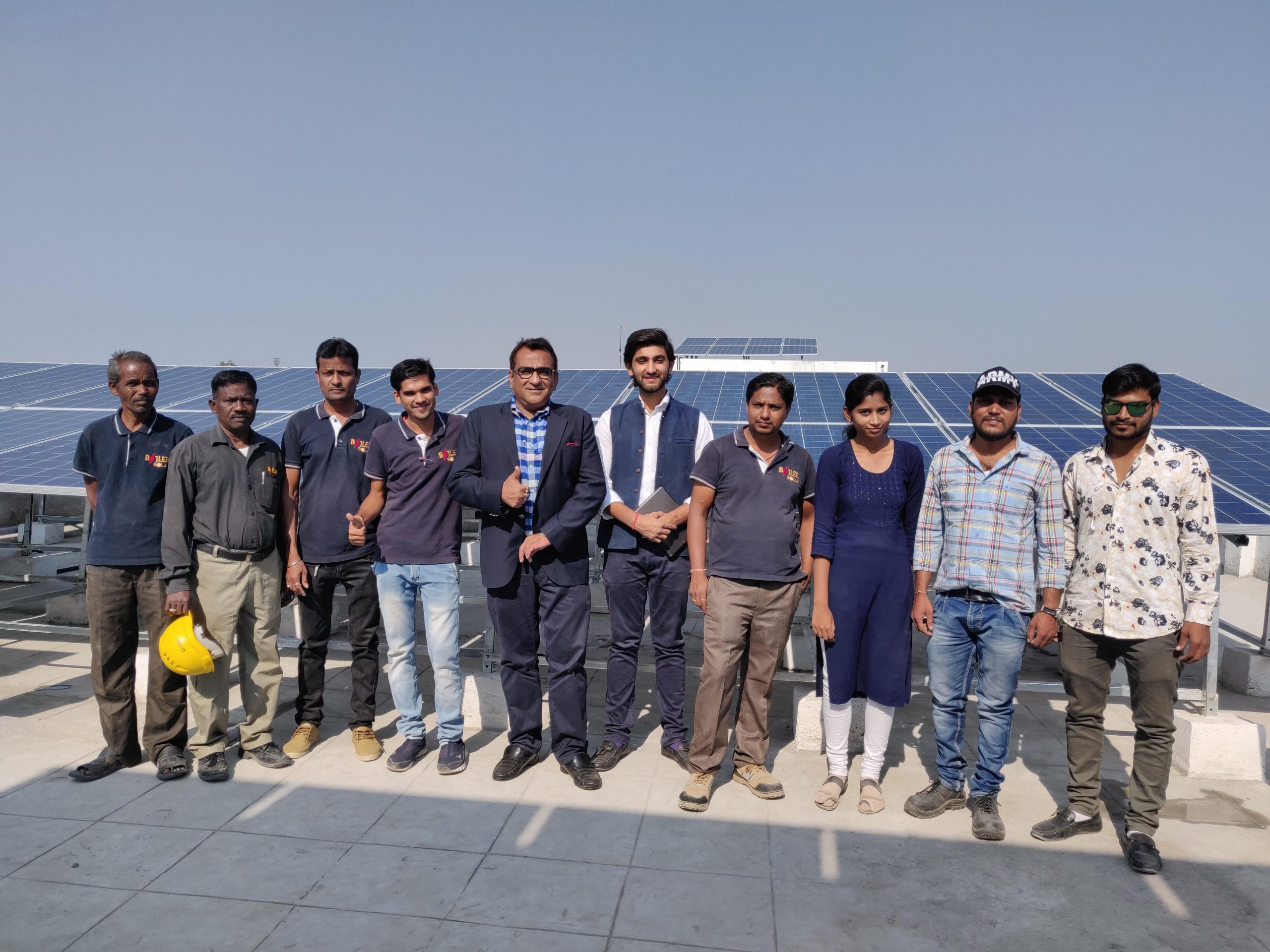As the demand for clean and sustainable energy solutions grows, more homeowners are considering solar panels to power their homes. However, choosing the right solar panels can be a daunting task, given the variety of options available in the market.

To ensure you make an informed decision and maximize the benefits of solar energy, Bijlee Solar presents this comprehensive guide on how to choose the right solar panels for your home.
Let’s shed light on the key factors to consider during your solar panel selection process.
- Understand your energy needs
- Assess your roof’s suitability
- Evaluate solar panel types
- Consider solar panel efficiency
- Quality and Warranty
- Check certifications and standards
- Obtain multiple quotes and compare
- Understand Your Energy Needs:
Before delving into the solar panel selection process, it’s crucial to evaluate your home’s energy needs. Consider your average monthly electricity consumption, peak usage hours, and any future energy requirements. Understanding your energy needs will help determine the appropriate size and capacity of the solar panel system required to meet your household’s electricity demands effectively.
- Assess Your Roof’s Suitability:
Solar panels are typically installed on rooftops, so it’s essential to assess the suitability of your roof for solar panel installation. Factors to consider include roof orientation, shading from nearby structures or trees, roof age and condition, and available roof space. South-facing roofs with minimal shading are ideal for maximizing solar energy generation. However, Bijlee Solar’s team of experts can work with you to find creative solutions even if your roof isn’t perfectly oriented.
- Evaluate Solar Panel Types:
There are different types of solar panels available, each with its advantages and considerations. The most common types include monocrystalline, polycrystalline, and thin-film solar panels. Monocrystalline panels are known for their high efficiency and sleek appearance, making them a popular choice. Polycrystalline panels offer a cost-effective option without compromising significantly on performance. Thin-film panels are lightweight and flexible, suitable for specific installation scenarios. Evaluate the pros and cons of each type based on your energy needs, budget, and aesthetic preferences.
- Consider Solar Panel Efficiency:
Solar panel efficiency refers to the percentage of sunlight converted into usable electricity. Higher efficiency panels generate more electricity in the same given space. While highly efficient panels may come at a higher cost, they can maximize energy production and potentially reduce the number of panels required for your installation. However, it’s important to strike a balance between efficiency and budget, as moderately efficient panels may still meet your energy needs while being more cost-effective.
- Quality and Warranty:
Investing in high-quality solar panels is essential to ensure long-term performance and durability. Look for reputable solar panel manufacturers known for their reliability, product warranties, and track record in the industry. Consider the warranty duration for both the solar panels and the inverters, as they are critical components of the solar system. A longer warranty period provides peace of mind and safeguards your investment against potential performance issues.
- Check Certification and Standards:
Solar panels should meet industry standards and certifications to ensure safety, performance, and compatibility. Look for certifications such as IEC (International Electrotechnical Commission) and UL (Underwriters Laboratories). These certifications validate that the panels have undergone rigorous testing and comply with international quality and safety standards.
- Obtain Multiple Quotes and Compare:
To make an informed decision, obtain quotes from multiple solar panel installers and compare them. Consider factors such as overall cost, system design, equipment quality, warranties, and customer reviews. It’s also important to evaluate the installer’s expertise, experience, and customer support services. Choosing a reputable installer like Bijlee Solar will ensure a smooth installation process and reliable post-installation support.
Conclusion:
Choosing the right solar panels for your home requires careful consideration of your energy needs, roof suitability, panel types, efficiency, quality, certifications, and installer expertise.

